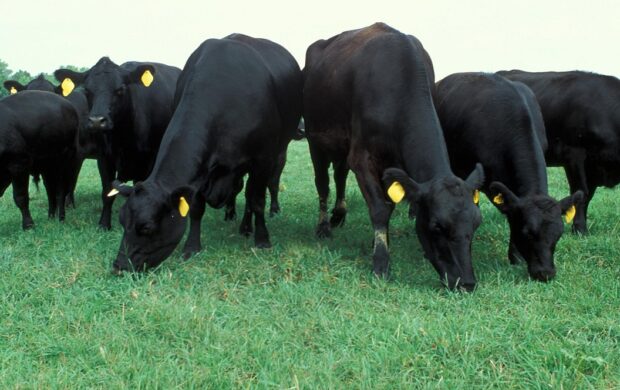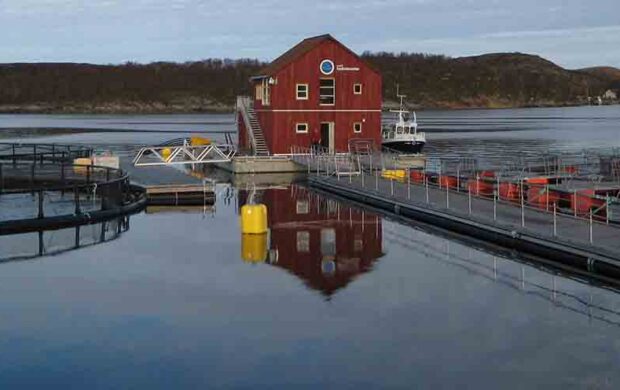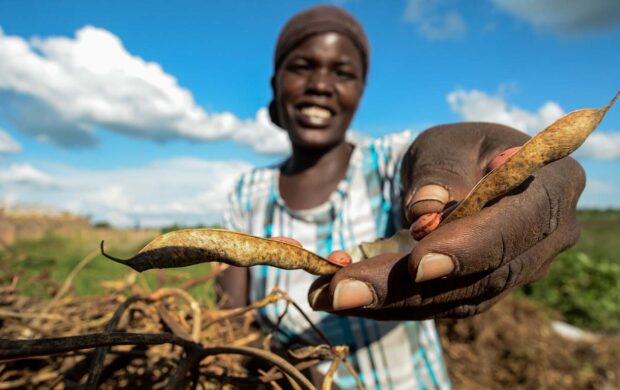Research published in the journal Nature has identified causal link between carbon dioxide emissions, and reduced levels of zinc, iron and protein in important global food crops.
The report highlights that dietary deficiencies of zinc and iron are a substantial global health issue, with an estimated two billion people suffering from reduced lifespan due to these deficiencies.
The field trials of wheat, rice, maize and soybeans showed that higher CO2 levels significantly reduced the levels of essential nutrients iron and zinc, as well as cutting protein levels.
As Arnold Bloom comments to Climate News Network, the report illustrates that “When this decline is factored into the respective portion of dietary protein that humans derive from these various crops, it becomes clear that the overall protein available for human consumption may drop by about three per cent as atmospheric carbon dioxide reaches the levels anticipated to occur during the next few decades.”





